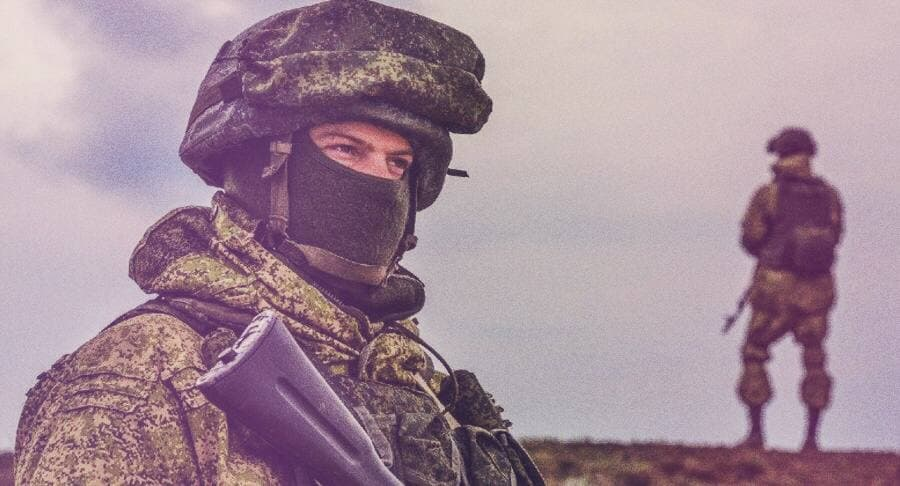Putin Signs Law Imposing Harsh Penalties for Alternative Opinions on Russian Military
On March 5, 2022, Russian President Vladimir Putin signed a law introducing criminal liability for spreading “fake news” about the actions of Russian military personnel. The law amends the Criminal Code with Article 207.3, which establishes punishment for disseminating “knowingly false information about the activities of the Russian Armed Forces” and for “discrediting the use of Russian troops.”
What Are the Penalties?
- Knowingly false information is punishable by a fine ranging from 700,000 to 1.5 million rubles, or up to three years in prison.
- If the false information is created by officials, organized groups, with fabricated evidence, or motivated by hatred or enmity, the penalty increases to a fine of 3–5 million rubles or five to ten years in prison.
- Knowingly false information that leads to serious consequences is punishable by ten to fifteen years in prison.
- Calls to “obstruct the use of Russian troops to protect Russia’s interests, maintain peace and security, or discredit such use” (if the person has previously been held administratively liable for this within a year) are punishable by a fine of 100,000 to 300,000 rubles or up to three years in prison.
- Calls to obstruct or discredit that result in serious consequences are punishable by a fine of 300,000 to 1 million rubles or up to five years in prison.
- Calls for sanctions against Russia (if the person has previously been held administratively liable for this within a year) are punishable by a fine of up to 500,000 rubles or up to three years in prison.
What Will Be Considered “Fake News”?
According to lawyers from Roskomsvoboda, Roskomnadzor has stated that coverage of the military operation in Ukraine should use information and data only from official Russian sources. It is also forbidden to refer to the “special operation” as an attack, invasion, or war. Therefore, “fake news” is defined as any information not obtained from official Russian sources, such as the Russian Ministry of Defense.
This contradicts constitutional provisions prohibiting censorship and the law “On Mass Media.”
Enforcement and Recommendations
According to human rights advocate Pavel Chikov, the “fake news” law, which effectively introduces censorship in Russia and was passed by the State Duma in just two days, will apply even to old social media posts. He recommends reviewing your social media activity from the past ten days and deleting any questionable or controversial content. He also suggests checking the pages of your friends and family. “You don’t have to delete anything, but now you’ve been warned,” Chikov says. He advises monitoring how strictly and widely the law will be enforced before deciding what to post on social media.
Media Response
Several media outlets have already responded to the adoption of this new repressive law. The editorial board of Novaya Gazeta wrote, “There is no doubt that this threat [of criminal prosecution] will be realized. We have no right to risk the freedom of our colleagues. But we also cannot ignore the position of you, our readers, who have clearly expressed support for continuing our work under military censorship. Therefore, we are removing materials on this topic from our website and social media. We will continue to report on the consequences facing Russia: the developing economic crisis, the rapid decline in living standards, problems accessing foreign medicines and technologies, and the persecution of dissenters, including for anti-war statements. We believe in the future of not only our editorial team but also our country, and we will work for that future. And for you.”
The Bell has decided to completely stop covering military actions in Ukraine due to “a new level of personal risk for journalists.” The publication will focus on the economic consequences of the “military special operation.” Republic has also removed some materials related to the “special operation” due to the introduction of “military censorship in Russia.” It’s My City was forced to take similar actions.
Many publications have ceased operations within Russia altogether.



